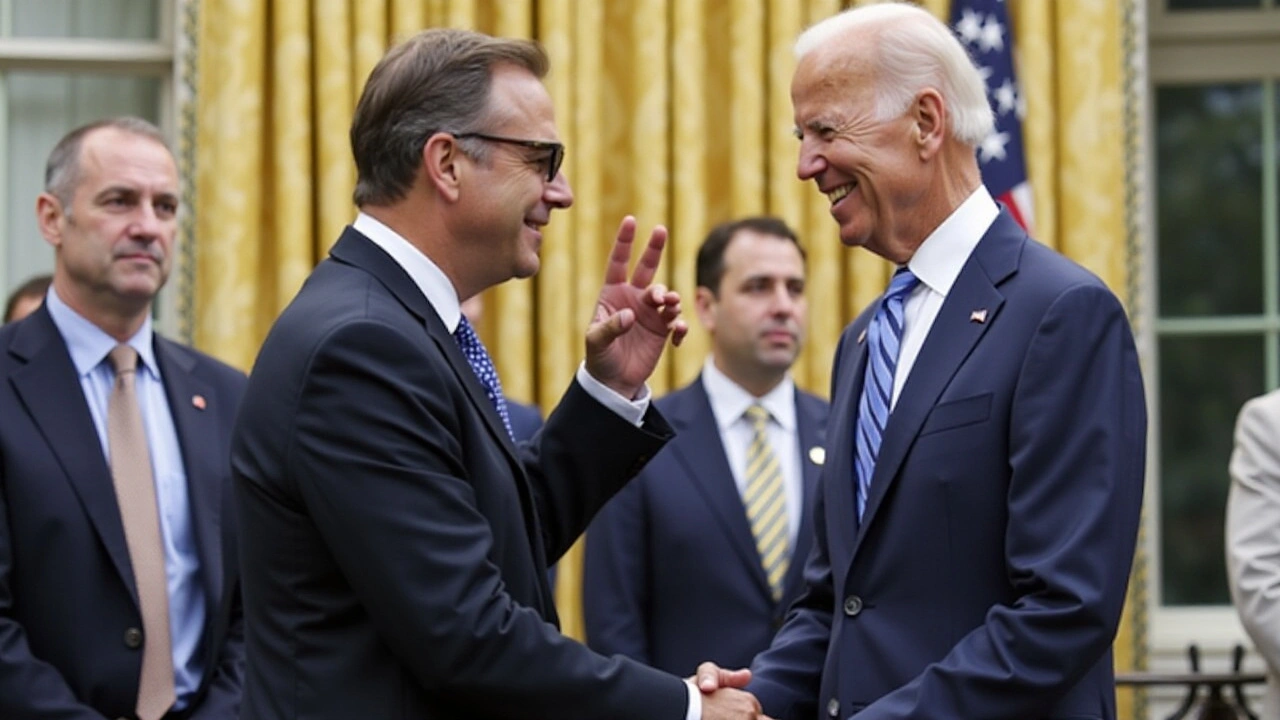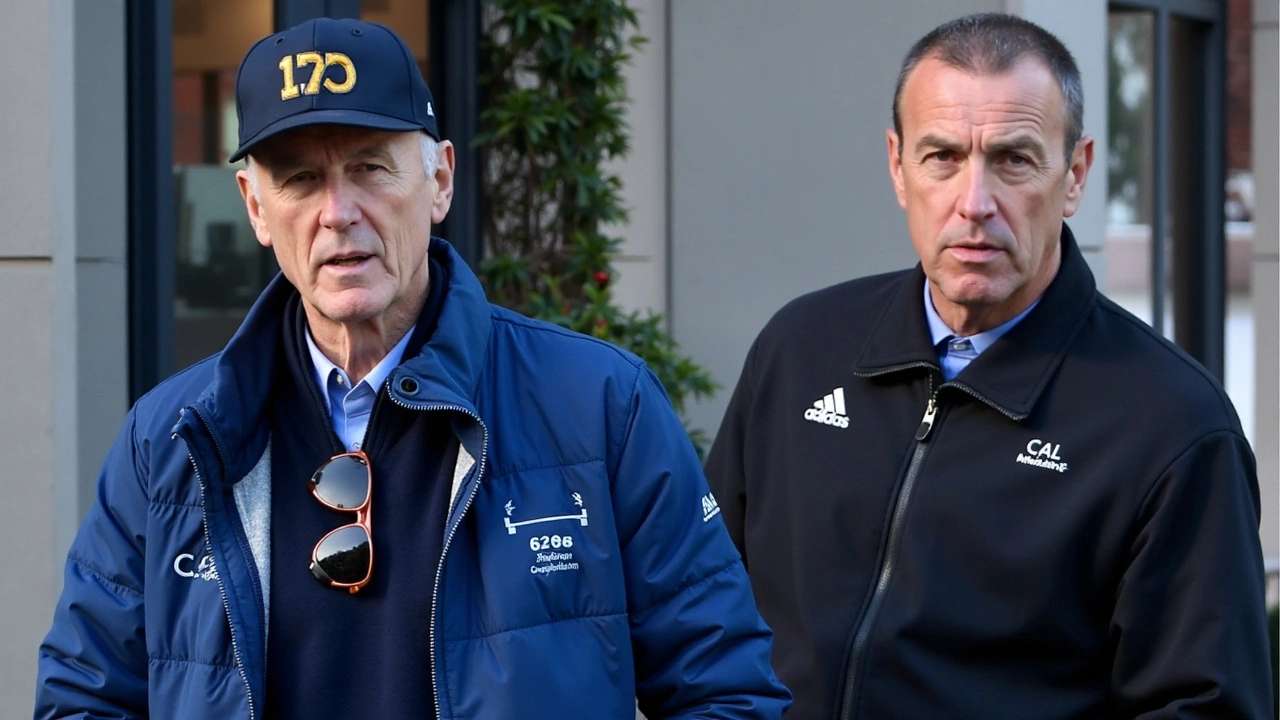
Hunter Biden's Conviction: A Historic Legal Precedent
In a striking turn of events, Hunter Biden, the 54-year-old son of President Joe Biden, found himself at the center of a highly publicized criminal trial that resulted in convictions on multiple charges, including gun violations and tax evasion. This legal saga, unfolding in 2024, places him in the historical record as the first child of a sitting U.S. president to be convicted on such serious charges. These developments invite no shortage of public scrutiny and media attention, as they uniquely intersect with broader political narratives and personal challenges.
The gun charges against Biden were rooted in allegations that he purchased a firearm while under the influence of crack cocaine. Records indicate that the transaction took place under false pretenses, as he reportedly denied any drug use when completing the paperwork required to obtain the gun permit. His trial, conducted in June 2024, resulted in a conviction on three felony charges related to federal gun law violations. This outcome was reached despite the defense's arguments surrounding the integrity of the form used as evidence, notably undermined by a gun store employee's testimony regarding missing information.
Tax Evasion: From Denial to Admission
Not merely an isolated incident, Hunter Biden's legal troubles also encompass charges of tax evasion, adding layers of complexity to his case. Initially pleading not guilty to these charges in July 2023, Biden adjusted his stance by admitting guilt in September 2024. This about-face highlights a challenging period: he confessed to filing his tax returns late for two consecutive years. The anticipated sentence, scheduled for December 2024, underscores the serious consequences of such fiscal indiscretions and the burden they place upon Biden's personal life and public image.

Background and Broader Implications
Hunter Biden's journey to this point is marked by a succession of personal and professional milestones and controversies. A lawyer and businessman by training, he co-established Rosemont Seneca Partners in 2009, seeking to make a mark in finance and investment. His career also briefly intersected with public service when he joined the United States Navy Reserve in 2013. However, his tenure was short-lived, ending under unfavorable circumstances when he failed a drug test in 2014.
Beyond the individual's legal and professional travails lies a complex tapestry of family dynamics and political ramifications. His involvement with Burisma Holdings, a Ukrainian energy firm, has been a focal point for media scrutiny, given his role as a board member from 2014 to 2019. Questions surrounding his business dealings and their potential impact on U.S. politics remain pertinent, especially considering the chain reaction that these controversies set off, leading to a high-stakes impeachment inquiry concerning President Donald Trump in 2019.
Family Ties and Personal Struggles
The narrative of Hunter Biden is incomplete without acknowledging the personal chapters that interweave with his public life. His marriages, first to Kathleen Buhle, which lasted from 1993 to 2017, and subsequently to Melissa Cohen in 2019, reflect distinct phases characterized by both trials and triumphs. The latter union has not only contributed to the stability in his personal life but also added the joy of parenthood to his complex portrait.
Ironically, Hunter Biden's legal challenges and personal experiences resonate with broader human themes of resilience, redemption, and responsibility, drawing attention from audiences who view his circumstances through various lenses of judgment and empathy. As the December sentencing looms near, the process promises to be more than a mere judicial formality. It serves as a societal reflection on accountability, the influence of one’s upbringing, and the multifaceted nature of a public persona intertwined with private vulnerabilities.

The Road Ahead: Implications for Hunter and Beyond
The repercussions of Hunter Biden's convictions stretch far beyond the immediate legal outcomes. Political analysts, public discourse, and familial ties all find points of connection in this complex situation. It provokes critical questions about the intersection of private indiscretions and their public and familial reverberations. The impending sentence will inevitably shape public perception, not just of Hunter himself, but of the Biden administration, which operates under intense scrutiny. The challenges faced by the eldest Biden son are emblematic of the precarious balance between personal imperfection and relentless media examination, setting the stage for ongoing discussions about privilege, responsibility, and redemption in the public eye.